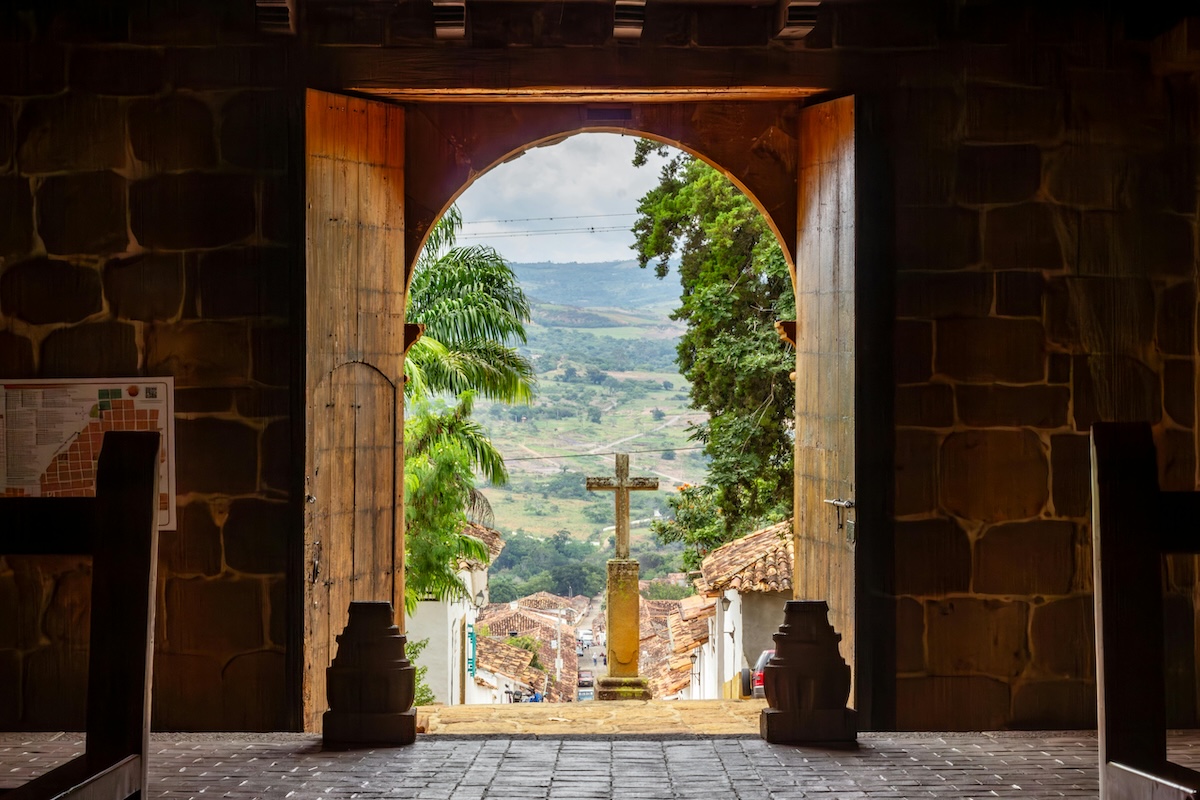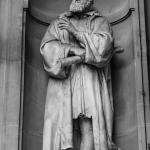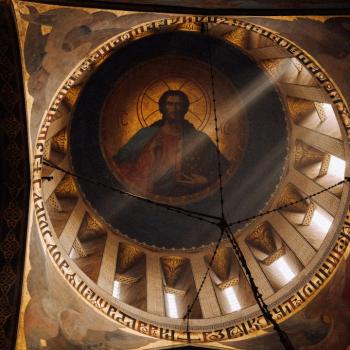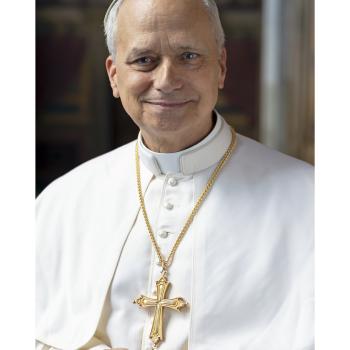Today’s liturgy reminds us of the value of some everyday believers who gave everything they could: the two widows who chose to practice trust and obedience. These are helpful themes as the year begins to draw to a close this November. November has many themes. We might be thinking of Thanksgiving and family get-togethers as we roll into the holiday season. The liturgical year will also draw to its close with the great Solemnity of Christ the King at the end of November. November might also make us think of Veteran’s Day, which commemorates the Armistice ending the Great War, known to us as World War I.
A common reflection about veterans is that “all gave some, and some gave all.” In today’s Gospel, Jesus underlines the example of a woman who have everything she had. The story of the widow’s mite (cf. Mk. 12:38-44) demonstrates trust in God. This woman shows great faith and generosity. Jesus uses her example to challenge the typical understanding of the day. The rich and the powerful were seen as those blessed by God. Jesus declares the opposite of what people were thinking. They would have seen the rich men pouring in a fraction of their wealth to the collection basket. “Wow, that guy is powerful. That guy over there is important. This guy has money to spare.” Then they would have looked with pity at the widow. “She barely has anything, poor thing.”

Jesus Uses the Weak to Make Us Strong
Jesus, however, looked at her with mercy, not pity. He saw something great in her and wanted to share that with his apostles. He had already taught his apostles to pray when he gave them the “Our Father.” Now, he wanted to show how the Our Father could be lived out in daily life. “Give us this day our daily bread,” he taught them to ask. Most of the time, upon reflection, we can admit we don’t just want our “daily bread.” We want to have a reserve; we want a security blanket. We are like the man in the Gospel story who builds extra barns to store all of his harvest (cf. Lk. 12:16-21). Jesus wants us to know, however, that we cannot control the future. We cannot even control the present. God calls us, as a result, to trust and obedience.
Trust and Obedience
In the first reading, we hear about the encounter between Elijah and the widow of Zarephath. After a period of drought, she had come to the end of all her earthly possessions. She had no hope for the future. The widow was resigned to die from starvation until she received help from an unlikely person. A widow had no standing in the ancient world. She had very little to do for herself and relied greatly on the generosity of others, with no guarantees for her safety or social security.
Elijah comes and asks her for bread. She is destitute; yet he asks her for bread. Don’t we often feel empty, desolate, at the end of our strength? And yet, precisely in those moments, someone comes to ask for help. Elijah comes to show her that even when all hope in fellow mankind is lost, God is still there to save.
God rewards her generosity with a miracle; her jar of flour will not go empty again during the drought. Precisely when she was feeling empty and hopeless, God intervened and saved her. God rewarded her attitude of hope and generosity in the midst of a tremendously difficult situation.
We all find ourselves from time to time feeling like one of those widows. We feel tapped out, like we have nothing left. This is when Jesus arrives to enter a relationship with us. He might begin by asking us for something, so that we can experience and acknowledge our own need for him and his love.
Spirituality of Depending on God
It can be hard for us to see our need for Jesus. We seem to be hard-wired to desire independence. We like to think that we do not need anyone else, even God. Obviously, it is good to grow in self-reliance and to form ourselves as capable individuals. However, it seems we risk losing sight of the fact that we are to depend completely on God. We must counter this, move beyond our simple rationalizations, and learn to trust God entirely.
Where the thinking of the philosopher halts, there the heart of the believer presses on in love and adoration, in pleading for forgiveness and in willingness to serve in whatever place the Lord allows us to choose, in order to follow in his footsteps. At that point, we realize that in God’s eyes we are a “Thou”, and for that very reason we can be an “I”. Indeed, only the Lord offers to treat each one of us as a “Thou”, always and forever. Accepting his friendship is a matter of the heart; it is what constitutes us as persons in the fullest sense of that word (Pope Francis, Dilexit Nos, 25).
Let’s learn from these two widows about opening ourselves up to the great mercy of God. When we recognize our dependence on him, we form a true relationship, where there is a “me” and a “you.” Once we enter a relationship of trust with God, it is more common that he asks us to do things in such a way that we must obey him. Trust and obey; God calls you to trust and obedience.
Subscribe to the newsletter to never miss an article.













